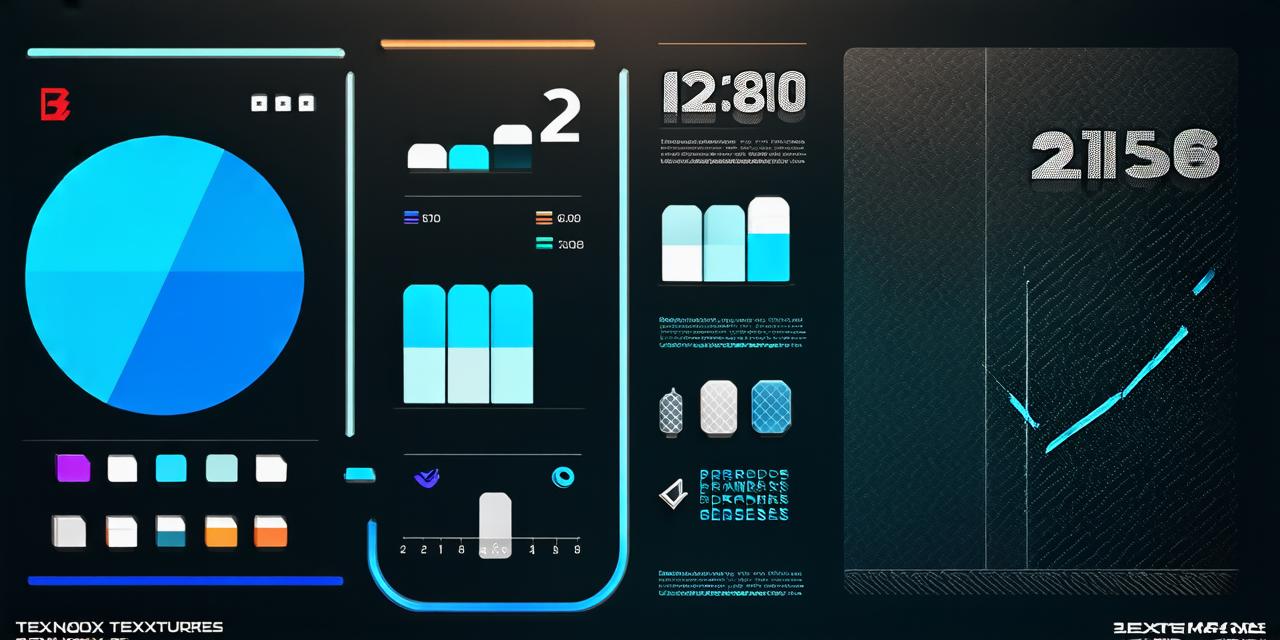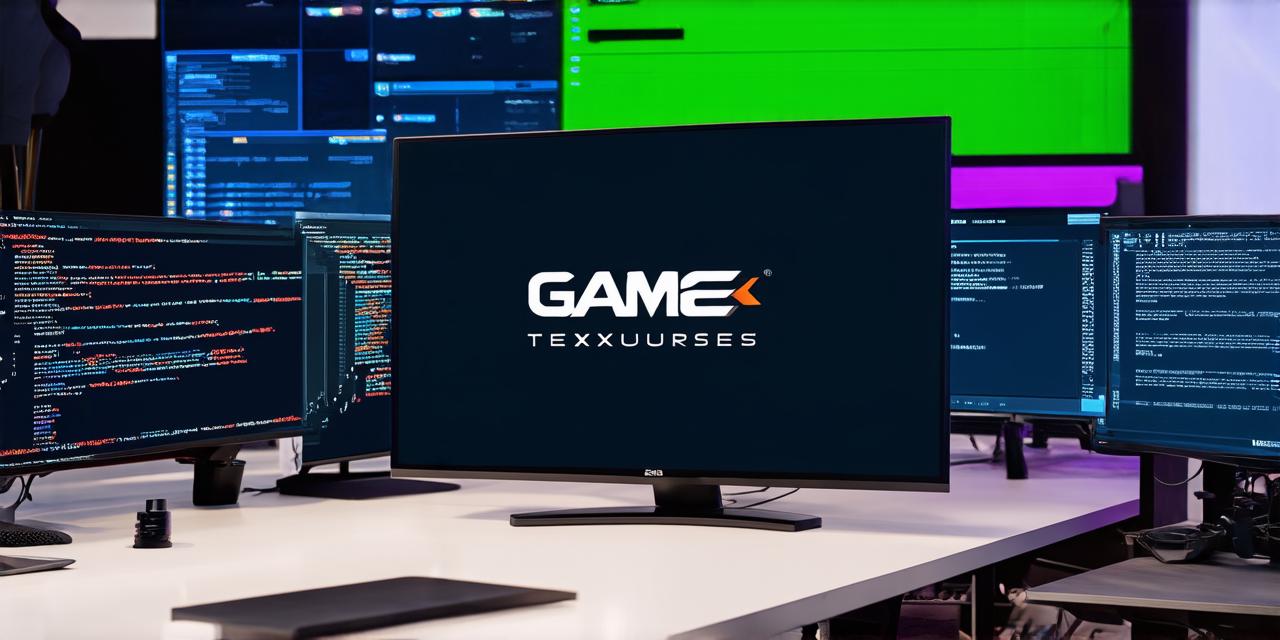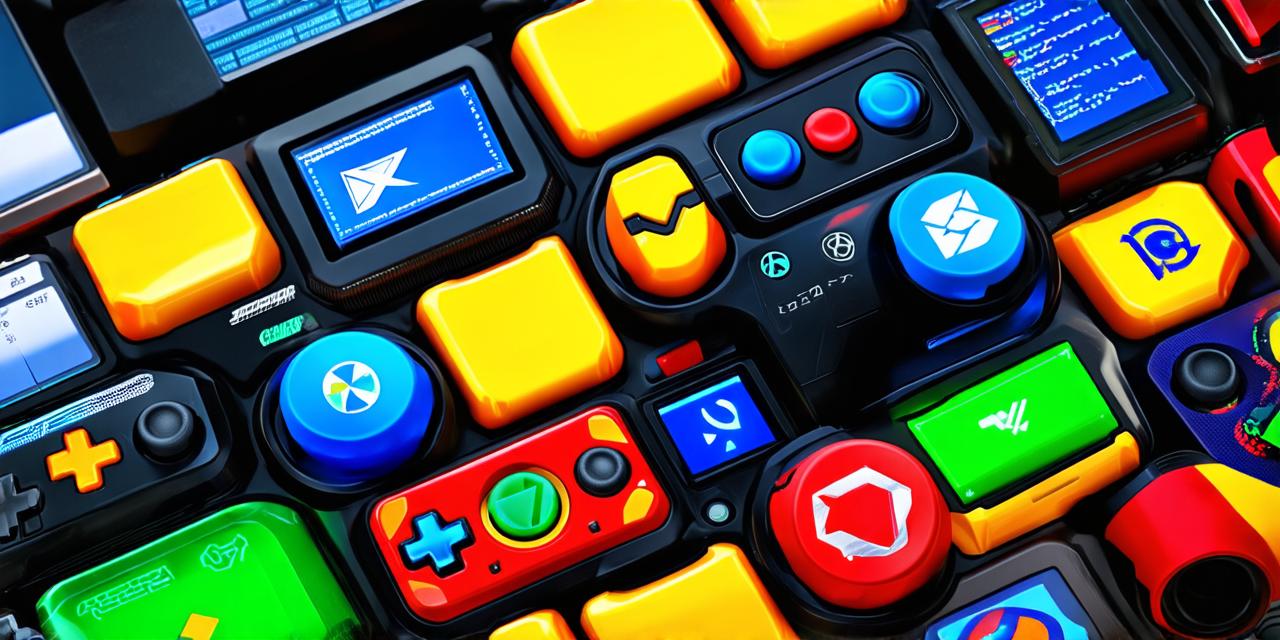The mobile gaming industry has grown rapidly over the past decade, and with it, the number of mobile game developers.

The Rise of Mobile Game Development
Mobile gaming has come a long way since its inception in the early 2000s. With the advent of smartphones and mobile devices, the number of gamers has exploded. According to a report by Newzoo, there were 4.7 billion mobile gamers worldwide in 2020, up from 3.5 billion in 2018.
The Number of Mobile Game Developers
According to a report by Statista, there were approximately 287,000 mobile game developers worldwide in 2020. This number includes both solo developers and larger studios. The report also indicates that the number of mobile game developers has been steadily increasing over the past few years.
The Most Popular Mobile Platforms
Now that we know there are a lot of mobile game developers, let’s take a look at the most popular platforms for mobile gaming.
Android
Android is by far the most popular platform for mobile gaming, with a market share of around 70%. This is largely due to the fact that Android devices are more affordable and accessible than iOS devices. In addition, Google has made it easy for developers to publish their games on the Android platform.
iOS
iOS comes in second place, with a market share of around 30%. Apple’s strict app review process and high device prices have made it less attractive for some developers, but the platform still attracts many top-tier studios.
Other Platforms
There are also several other platforms for mobile gaming, including Windows Phone, BlackBerry OS, and Feature Phones. However, these platforms have a much smaller market share than Android and iOS.
The Future of Mobile Game Development
Now that we’ve looked at the current state of the mobile game development landscape, let’s consider what the future might hold.
Virtual Reality and Augmented Reality
Virtual reality (VR) and augmented reality (AR) are two emerging technologies that are expected to have a significant impact on the mobile gaming industry. VR games allow players to fully immerse themselves in a virtual world, while AR games overlay digital content onto the real world. Both technologies are still in their early stages, but they have the potential to revolutionize the way we play games.
Artificial Intelligence and Machine Learning
Artificial intelligence (AI) and machine learning (ML) are also expected to play a bigger role in mobile gaming. These technologies can be used to create more realistic and intelligent NPCs (non-player characters), as well as to improve game balance and difficulty.
Cloud Gaming
Cloud gaming is another technology that has the potential to change the way we play games on mobile devices. With cloud gaming, players don’t need to download or install games on their phones, which can save a lot of space and reduce load times. Cloud gaming also allows for more complex and graphically intensive games to be played on lower-end devices.
Esports and Gaming Communities
Finally, esports and gaming communities are becoming increasingly popular in the mobile gaming industry.




